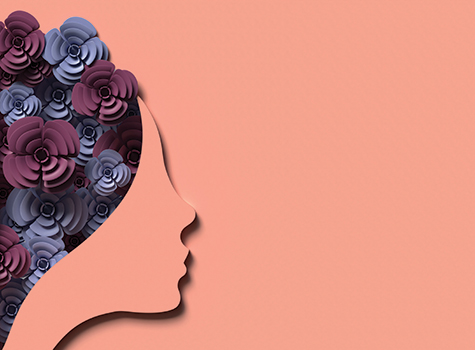By Jennifer Allen
“It has become appallingly obvious that our technology has exceeded our humanity.”
– Albert Einstein
Imagine this scenario…
Five extended family members together in the living room during the Christmas holidays. Three of the five are over the age of 60. The two others in this gathering have occupations and hobbies that require the use of various means of technology on a day-to-day basis, but have decided to put away all of their technological distractions to focus on spending time with the others. Ironically in this same situation, one elder is typing away on her laptop as she scrolls Facebook. Another is checking his Kindle for recent email messages. The third is flipping through recordings on DirectTV to see if she missed any good shows from the last day or two.
I wish this was from a movie, but no this was an actual evening at my parents’ house last Christmas. I actually caught this particular family moment as we were all sitting there and made a comment about how ridiculous it is. Luckily they all closed said devices and we soon went back to having a normal family conversation without the need for hashtags, Like buttons or “LOL”ing.
Shyama wrote last month about how she has had to blend with today’s society and learn to keep up with the ever changing technology because it’s more practical to stay in touch with family. I completely understand where this can be a boon, especially when dealing with family members who are split by great distances. While some are still finding new devices such as Smart tablets and VR goggles to be like something out of science fiction, others have embraced these gadgets to the point that they are almost an extra body part that they simply cannot live without.
Some think that it’s the newer generations who have this attachment issue, but it’s becoming more and more apparent that this addiction can happen to anyone at any age.
My own generation (Generation X) was brought up in a bizarre in-between stage of old technology and the new. We were kids and young adults when home video games, computers, the Internet and cell phones all were brought into the fold. We were the first school children to use e-mail on a regular basis. But, we also remember when you actually had to trek to the library and leaf through actual encyclopedias and other texts for research papers. We remember a time before 500 channel cable TV and when going to the video store and renting a film to watch when you wanted to was a huge deal.
I am one of those in a generation who can move between playing a video game to reading a hardcover book in bed without batting an eye, but so many others are not able to make this choice.
We’ve hit another great turning point in our technological evolution where anything and everything can (and probably will) go digital. YouTube just hit its 10 year anniversary last year and Facebook is 12 years old as of February 2016. The concept of the smartphone and digital tablet has been around since the mid 1960’s (thanks to a little TV show called Star Trek), but it really became a worldwide phenomenon in the mid 2000’s as well. With the recent re-emergence of VR technology, we’re just one step closer to the scenarios shown in sci-fi concepts such as plugging into The Matrix, the Star Trek holodeck, or even the full VR games of eXistenZ.
While I do love what these new technological breakthroughs have given us, it is not without its problems. I see more and more people in public curled over their phone while thumbing away that all important text message or tweet instead of simply looking up to speak to the person without 5 feet of them. I see more and more drivers wearing earbuds (which is illegal to do, by the way) as they scroll through their favorite digital playlist instead of watching the road. I’ve seen people of all ages who would rather get their phone out and shoot video of someone getting attacked on the sidewalk instead of using that same phone to call for help.
Are we slowly turning into the humans from WALL-E lying in their floating chairs while watching tiny screens in front of their faces without any knowledge or interaction with the other person right next to them? If we continue on our present course that may very well become our future.
We recently have had car companies making new vehicles with gizmos that sense another car in our blind spot… that can parallel park by themselves, and even stop or swerve on their own to avoid a collision. While yes I am very glad that we have better protection due to these advances, I think we would not need these gimmicks if folks were not so distracted with so much shiny stimuli while behind the wheel.
A college professor of mine once said, “Technology is not inherently good or evil. It only shifts one way or the other depending on how humanity uses it.” I’m not quite sure which way it is shifting as of right now, but we’ve seen both good and bad in recent years.
I offer some of challenges for you to see if you truly are able to break free from the bindings of social media & the devices that provide them… at least for a short while.
1) IKEA has recently created table placemats with pockets to hold your phone while you eat dinner with family. Go buy a set… try them out. See if simply tucking your phone away for 20 minutes doesn’t strengthen the bond with your spouse and/or children.
2) Go to the bookstore or library and grab a book or magazine (with a cover and paper pages). Find a quiet place to relax with said literature and leave your electronic devices in a separate room entirely to avoid distraction.
3) Travel to a nearby park or to the beach. Sit on a bench and simply watch people and your environment. Turn your devices completely off while doing so. There’s no need to take pictures or video or send a quick “I am here” to your Facebook friends. Just sit back and embellish the moment and your environment.
Will you be able to endeavor by unplugging at least for a little while? Let’s find out…



